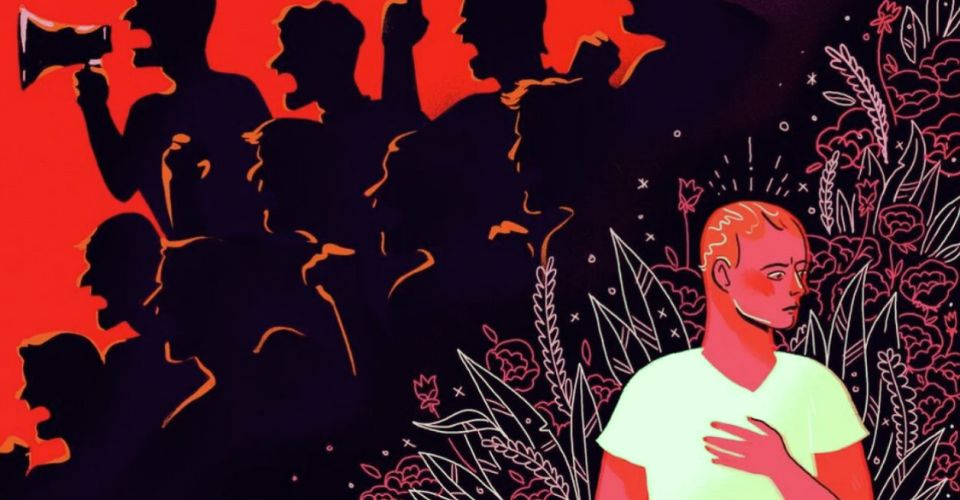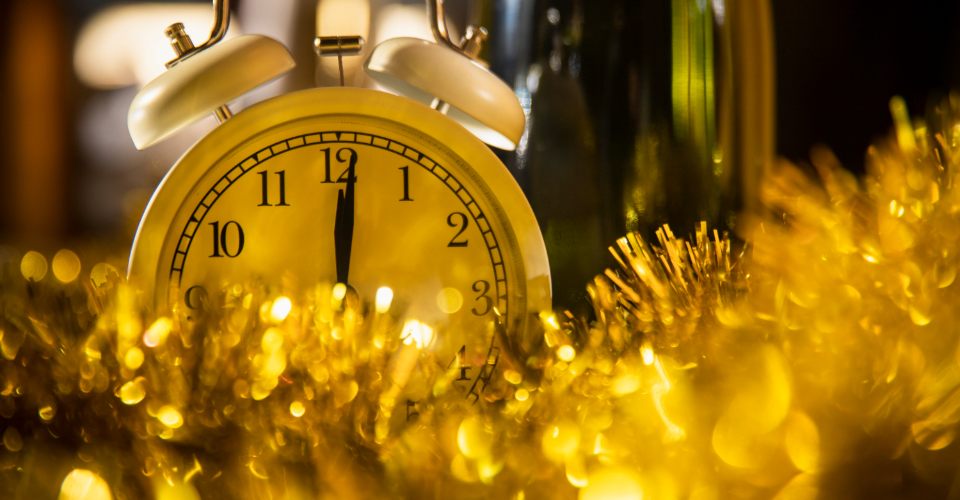A steady transformation in masculinity is coming to the fore due to the interplay between societal norms and individual experiences in the modern day. This, therefore, highlights how important the politics provides in the norms and standardization of masculinity as found in a society. As authoritative individuals come out in the public sphere, the self stylized image of masculinity already resonates with the man and manhood in general in all its two dimensionality.
This transformation of masculinity is not only a journey that men undertake within themselves, but rather a journey that is taken collectively by the society guaranteeing the concerning factors of power, gender and culture. The war that is politics has revealed itself to protrude. It has more than all sorts of men parading. It has rather various concepts of manhood which are actively put on display, fought for or against and reinvented.
Politics and Masculinity: Realities and Perspectives
In recent times, political leaders, in particular, have become increasingly controversial when it comes to masculinity. The likes of Tim Walz and J.D. Vance are poles apart in their perceptions of manhood today. If Walz is known as ‘America’s dad’, it is for a reason since him and two of his children have frequently appeared in public.
Vance, however, seeks to provide contrast to that picture by stressing his own military experience and accusing Walz of faking his attentions. The feminization of such social structures, however, reveals itself in the different characteristics of masculinity actors adopt.
Also, the emergence of powerful women, such as Kamala Harris, trying to raise political discourse, complicates this issue. Women such as Kamala Harris are making it compulsory for the discourse around inferiority complex stereotypes to be victory for delicate women. And there has emerged bright women even among women like Harris in top positions allowing them to alter what it means to be a man in this century.
Note that the following paper comes under the heading of social but it appears different than what gender studies can be characterized as. But are gender studies social Studies? More precisely gender studies encompasses the analysis and critique of society and politics in relation to the lives of individuals and groups. Moreover the analysis includes the interactions in relation to power dynamics that are created and maintained within and through the Self.
It also examines the ways in which change is constructed in society. Womanhood and femininity have historically been regarded as opposite to manhood and masculinity. Feminism and virtue are assimilated through womanhood and femininity. What in contemporary politics is commonplace of Cornelia, Feminists used to frown upon. Manhood and masculinity are reduced to the joys of flesh, wine, and songs.
The same applies regarding norms and stereotypes on masculinity that are employed differentially across disciplines in attempts to be aligned with the idea of politeness. By utilizing these including masculinity suppression, these disciplines aim the mask of sexuality in order to achieve different epistemic objectives which political and social matters are coveting.
There are also some sociologic aspects normalizing preposterous conduct by male figures in everyday life. It then rebounds back from the ego to the outside world to explain. Do we regard gender studies as monolithic like Purdue University sociologists?
Scholarly studies and methodological approaches have conquered the social imagination along with their missions and methodological tools and apparatus. Researchers begin analyzing masculinity whereas before they most focused on deficit and pathology frameworks. Gender studies tend to concentrate on the genre of femininity and women.
Modalities of childhood has provoked the secondary or reproductive division of labor between women, male and female. Such a perception from the ivory tower usually belongs to women. Feminists suffered response from men that women were so masculine that they paid someone to act as the opposite sex.
The Knight in Shining Armor
The ‘knight in shining armor’ is one of the oldest and perhaps the most clichéd attributes of masculinity there is. This is the perfect man archetype; powerful and gallant yet does not talk that much. When it comes to fighting, the knight is equally as good, if not better in sports, even superior in the physical aspect as well as the defender. He is a romantic hero, who rolls over to save the glaring girls caught in a fix and the rapture of an absurd female orientation.
In Politics, this archetype is often called upon, and stressed by those who martial himself with force and values, fight for their ideas and people. The knight is also symbolic of manhood in its sturdy traditional sense, attracting gentlemen who are chivalrous, patriotic, dutiful and not afraid of conquest in any righteous war joined.
The Bard
And unlike the knight, the bard relies on the power of emotions and artistry. This brand of masculinity is not so much based on brawn but on imagination and tenderness. The bard is an artistic man who has the potential to make his feelings known through artistic musing like music or poetry. His emotional expression does not make him weak; his strength is that he shows tenderness unlike the knight who puts on a brave front all the time.
Appreciation for the bard’s masculinity is however acknowledged in instances that emphasize emotions and social interaction. In politics, leaders of this archetype are perceived as being able to care for and understand other people’s needs and feelings. Such masculinity appeals to people who consider the ability to love and be loved as one of the most powerful muscles that can bring positive change to society.
The Dad
The “dad” archetype illustrates the evolution of masculine ideals associated with variations in constructs of reliability, responsibility, and family engagement. This paradigm shift in the trend of fatherhood has seen the increase of men taking care of children and doing domestic chores as opposed to in the past. The contemporary dad is viewed as sharing the cooking apron and executive office equally.
This archetype is broadening the boundaries of the stereotype of masculinity in the majority of people simply as being a breadwinner and a protector of the family, which now also includes elements of nurturing. In politics, the archetype ‘dad’ is used as a means to promote a degree of stability or reassurance, trust, attachment, protecting the moral base etc. Such masculine ideals are favorable to those who want moderation in all types of career, egalitarian relationships and the presence of caring men towards the women.
The Nerd
Inventive or creative personas in computer programming have well articulated and well defined the term of a nerd. They present masculine characteristics but as such do not operate along heavy or conventional considerations but have strength in brain or knowledge especially regarding technology. Nerds reduce into the description of the easy-man, aka, the solution-manager or the makers of extraordinary artefacts.
In the new order, nerd-centric versions of men are the most sought-after. He may not be the best physically built guy out there, and it doesn’t really matter because with his brainy skills and capacity of thinking out of the box, he has the potential and power to bring new changes that will help throughout the course of history. In politics, these leaders are perceived by those in the society as risk takers with bright ideas and solutions to complex 21st century problems.
Women’s contribution to the production of masculinity out of gender stereotypes
The notion of masculinity has also changed with the introduction of women and other gender identities. Increasing participation of women to the upper echelons of hierarchy has meant that masculinity as a conventional paradigm has been disrupted and evolved.
Women are called Kamala Harris for example and they represent new leadership that does not perform femininity norms. Dominance and power such as women wield call for a revaluation of the position and meaning of manhood in a society where women are becoming equals in leadership and decision making. This change is important not only to women, but to men as well because it expands the scope of how one can perform their male gender.
The existence of competent women operatives in politics also underscores the internalization of gender as a multi-faceted construct. Where there are women, there are always men too. Gender is a spectrum, men and women become firmly aware that fighting is not the preserve of the male gender alone. As in most areas women are inclined to take up more risks and gradually push the boundaries of what a leader can do, so men are also learning to accept their limitations and how to portray their male gender.
Conclusion: The Rise of New Kinds of Men
Positive progressive as it seems in relation to the social status of women, one should not ignore the enriching variety that men will now have. One only needs to observe different styles of men on the political scene to understand that the meaning of male identity is changing. The images of a knight, a bard, a dad and a nerd are just few of the archetypes that bear on this acute role that shifts constantly without notice.
In the end, how we understand masculinity will still be shaped by the context of culture, society, and politics. The increasing showcase of different forms of masculine identity in politics enables the public to dispute these antiquated definitions and support a more nuanced view of male identity. As time goes by in the society, so will the meanings of masculinity grow with more experiences and values.
This persistent transformation is important in building a fair and just society for all people not dependent on gender. Therefore, it is imperative to keep working through, and expanding how we view masculinity, as there is no one defined way of being a man, but rather many ways, each with different challenges and rewards. Such acceptance of diversity leads to formation of a society that embraces all masculinity cultures and practices.






















Leave a Reply
You must be logged in to post a comment.